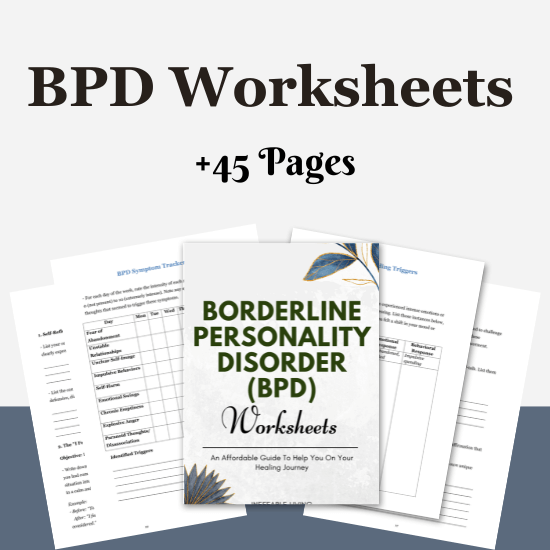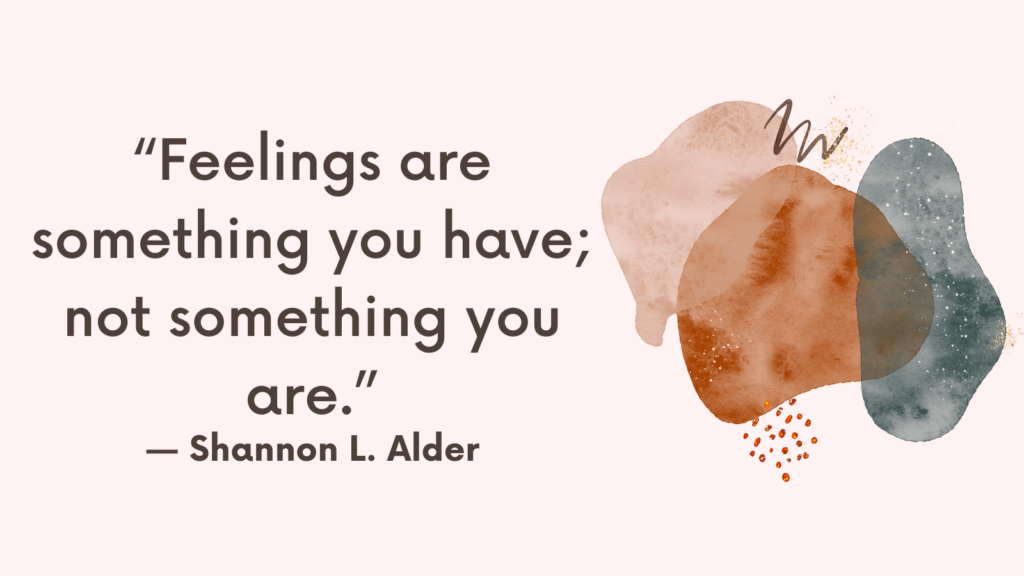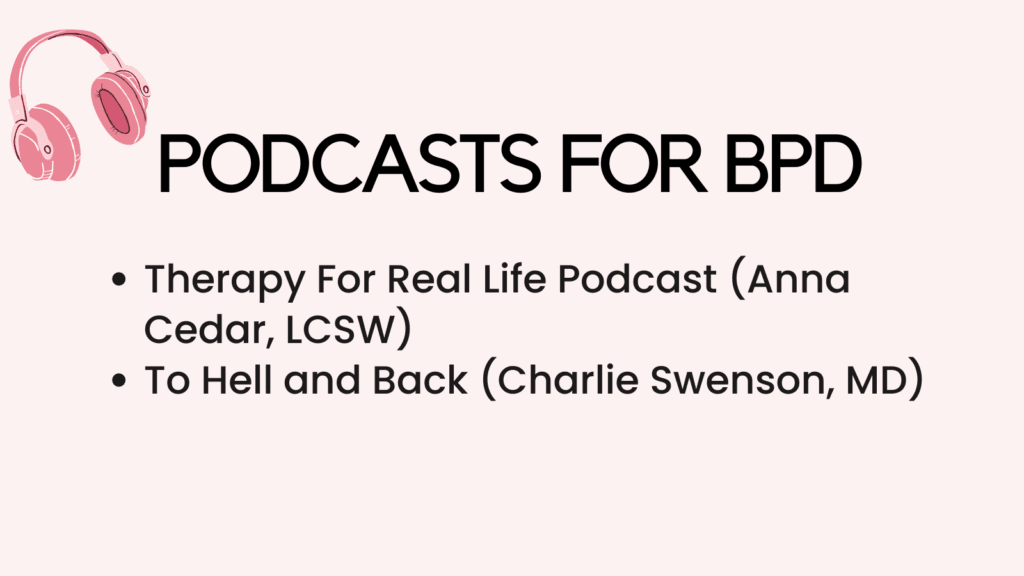Borderline Personality Disorder (BPD) is often depicted in the media and literature as a condition characterized by intense emotional outbursts, impulsive behaviors, and tumultuous relationships.
However, there is a subset of individuals with BPD who exhibit what is known as “Quiet Borderline Personality Disorder.”
This quieter version of BPD is less understood and often goes unnoticed due to its internalized nature.
In this blog post, we’ll delve into what Quiet Borderline Personality Disorder is, how it differs from the more outwardly expressive form of BPD, and what it means for those living with it.
What is Quiet Borderline Personality Disorder?
Quiet Borderline Personality Disorder, also referred to as “high-functioning” BPD, is not an official diagnosis recognized in the DSM-5, the diagnostic manual used by mental health professionals. Instead, it is a way to describe a subset of individuals with BPD who internalize their symptoms rather than expressing them outwardly.
This means that while the emotional turmoil and instability are very much present, they are often hidden beneath the surface.
Related: Top 7 Skills For Coping With BPD [+ BPD FREE Resources]
Key Characteristics of Quiet Borderline Personality Disorder
1. Internalized Anger and Emotional Pain
One of the hallmarks of Quiet BPD is internalized anger. Instead of lashing out at others, individuals with Quiet BPD may direct their anger inward.
This can manifest as self-criticism, self-harm, or severe guilt and shame.
They might appear calm and composed on the outside while struggling with intense emotional pain internally.
2. Fear of Abandonment
Like all individuals with BPD, those with Quiet BPD often have a deep-seated fear of abandonment.
However, instead of expressing this fear through dramatic actions or confrontations, they might withdraw and become more self-reliant.
This withdrawal can make it difficult for others to recognize their need for support and connection.
3. Self-Isolation
People with Quiet BPD may isolate themselves to avoid the risk of rejection or conflict.
They might feel intensely lonely and disconnected but find it safer to keep their distance rather than risking the potential pain of failed relationships or social interactions.
4. High Functioning in Public, Struggling in Private
Many individuals with Quiet BPD can appear to function well in public settings.
They might maintain steady employment, have friendships, and seem composed.
However, in private, they might struggle with overwhelming feelings of emptiness, depression, and self-loathing.
Related: Borderline Personality Disorder Support Group
Quiet BPD vs. Traditional BPD: Key Differences
Outward vs. Inward Expression
The most significant difference between Quiet BPD and traditional BPD is how emotions are expressed.
Traditional BPD often involves outward expressions of emotion, such as anger, impulsivity, and risky behaviors.
In contrast, Quiet BPD involves inward expressions, such as self-harm, self-isolation, and internalized emotional pain.
Impact on Relationships
Both forms of BPD affect relationships, but in different ways.
Traditional BPD might result in turbulent relationships due to frequent conflicts and intense emotional outbursts.
Quiet BPD, on the other hand, might lead to more subtle issues, such as emotional unavailability, withdrawal, and difficulty expressing needs and emotions.
Related: What Does a BPD Episode Look Like?
Living with Quiet Borderline Personality Disorder
1. Understanding and Self-Awareness
Living with Quiet BPD requires a high level of self-awareness.
Recognizing the internal nature of the disorder is the first step towards managing it effectively.
Understanding that your emotional pain is valid, even if it is not outwardly visible, is crucial.
2. Seeking Therapy
Therapy can be incredibly beneficial for individuals with Quiet BPD.
Dialectical Behavior Therapy (DBT), Cognitive Behavioral Therapy (CBT), and other forms of psychotherapy can help individuals develop healthier coping mechanisms, improve emotional regulation, and build stronger, more fulfilling relationships.
Related: Emotional Permanence: Top 6 Ways to Cope (+FREE Resources)
3. Building a Support Network
While self-reliance is a common coping mechanism for those with Quiet BPD, building a support network is essential.
Trusted friends, family members, and mental health professionals can provide the support and understanding needed to navigate the challenges of Quiet BPD.
4. Self-Care and Coping Strategies
Engaging in regular self-care practices is vital for managing Quiet BPD.
This can include activities like mindfulness meditation, journaling, exercise, and creative outlets.
Developing a routine that includes these practices can help in maintaining emotional stability and overall well-being.
Related: Top 10 BPD Books To Help You Cope With Borderline Personality Disorder
Misconceptions and Stigma
Quiet BPD, like traditional BPD, is often misunderstood and stigmatized.
Many people, including some mental health professionals, may not fully understand the internalized nature of Quiet BPD, leading to misdiagnosis or inadequate treatment.
It is important to educate oneself and others about the reality of Quiet BPD to reduce stigma and promote understanding.

Conclusion: Embracing Hope and Recovery
Quiet Borderline Personality Disorder may be less visible than its more outwardly expressive counterpart, but it is no less real or deserving of attention and care.
Understanding and acknowledging the unique challenges of Quiet BPD is the first step towards healing.
With the right support, self-awareness, and coping strategies, individuals with Quiet BPD can lead fulfilling and meaningful lives.
Remember, recovery is possible.
Many individuals with BPD, including Quiet BPD, have found ways to manage their symptoms and build healthier, happier lives.
If you or someone you know is struggling with Quiet BPD, reach out for help and support. You are not alone, and there is hope for a brighter future.



![BPD Support Groups [Online & In-Person]](https://ineffableliving.com/wp-content/uploads/2022/09/Borderline-Personality-Disorder-Support-Group-1024x576.png)